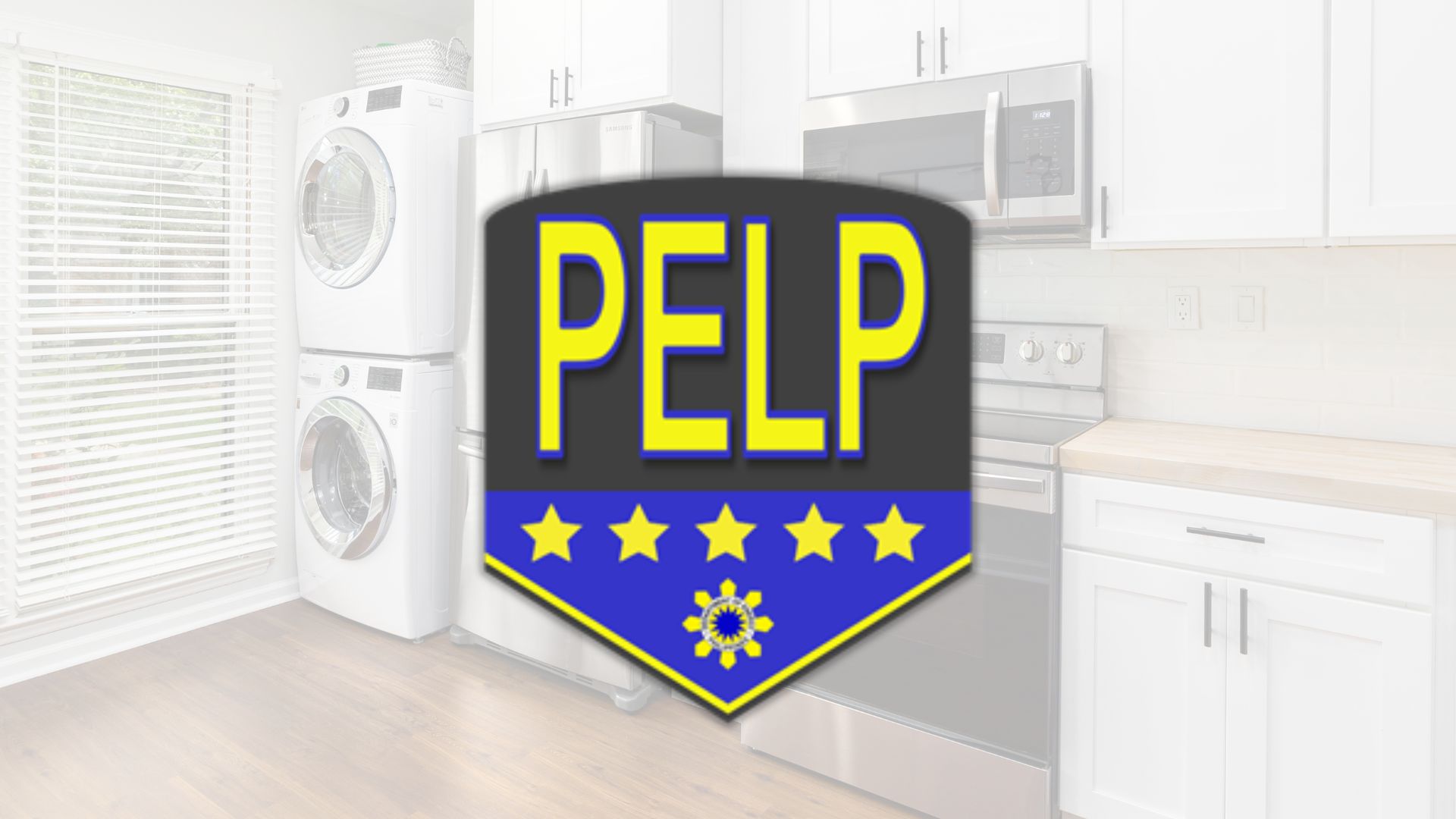DOE Expands Energy Labeling to 5 More Products
- April 7, 2025
- 0

The Department of Energy (DOE) plans to expand the Philippine Energy Labeling Program (PELP) to include more products this year.
Director Patrick T. Aquino of the DOE’s Energy Utilization Management Bureau said the inclusion of more products forms part of their commitment to further promote energy efficiency in the country.
“We’re rolling out programs and we’ve expanded the Philippine Energy Labeling Program. IInitially it just covered lighting, refrigerators, air conditioners, and television sets but we now have washing machines and electric fans. We’re expanding it to an additional five more products this year,” Aquino told Power Philippines at the si
Implemented by the DOE, PELP’s primary goal is to promote energy conservation and efficiency by helping consumers make informed choices when purchasing appliances. The program requir
“We started the vehicle fuel economy labeling program at the start of this year. So customers, when they buy a vehicle, they’ll see a label that tells them the kilometer per liter gasoline equivalent of that. But beyond that, we’re really engaging our energy service companies, we’re talking to the stakeholders to get the message across,” Aquino added.
A key objective of the masterclass was to emphasize the importance of energy efficiency among consumers. It featured a segment on the critical role of energy efficiency in reducing costs and promoting long-term sustainability. A panel discussion explored the impact of the Energy Efficiency and Conservation (EEC) Act, which seeks to establish energy efficiency as a key policy in the country’s sustainable development.
The EEC Act, which underpins programs like PELP and VFELP, promotes efficient energy use across all sectors—government, commercial, industrial, and residential—through measures like performance standards, mandatory energy reporting, labeling programs, and fiscal incentives for energy-efficient projects.
Aquino also stressed the importance of energy reporting submissions, prioritizing compliance over penalties.. “The PH deadline for the 2024 repertorial period is on April 15… Will there be penalties if you do not submit? Compliance is what we are after, not the imposition of penalties,” he said. “And I always end by saying, you have the power. Energy efficiency starts with you.”
Do you agree that energy efficiency starts with individual actions? How great is the importance of programs such as PELP and its possible future vehicular counterpart?
Follow Power Philippines on Facebook and LinkedIn for more updates.